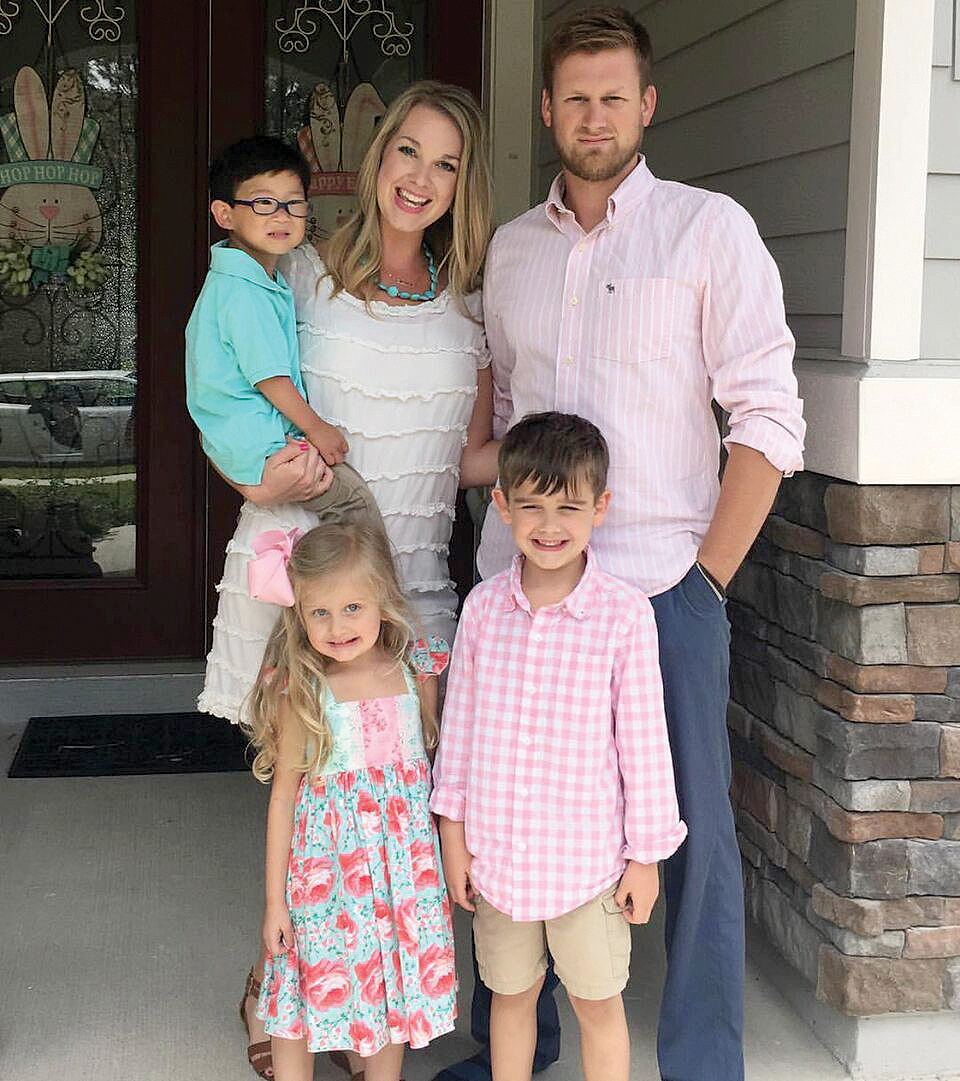
When the Blackshears decided to adopt a child with alcohol exposure, they didn’t expect it to be a big deal. But after learning more, they began to prepare for the full spectrum of symptoms their son might have, so that whatever the outcome, they’d be prepared to help him thrive.
To me,” says Tara Blackshear — recalling when she first read her son Hugh’s profile — “the alcohol was just a one-sentence thing. It just said that his mom drank her entire pregnancy with him. I didn’t think anything about it.”
Tara Blackshear
She consulted medical professionals, and even they didn’t seem to think much about it. But at the urging of Holt, she decided to research. Tara learned that alcohol exposure could be nothing, or it could be something worth preparing for.
Some studies show direct physical and neurological effects based on the exact day that alcohol was consumed during pregnancy. But without knowing these exact details from a child’s birth mother, it’s nearly impossible to know what the outcome will be. If a child has prenatal alcohol exposure, there is usually a 50-percent chance that he or she will experience symptoms of FASD — and a 50-percent chance he or she will have no symptoms at all. What makes alcohol exposure such an unknown is that the symptoms — whether minor or significant — usually only become evident once the child is school aged.
But as Tara and her husband, Lee, learned more about the potential risks and made an action plan for each potential symptom, they felt confident moving forward.

Although most kids show symptoms later, Tara and Lee did notice some minor differences with their 3-year-old son, Hugh. They decided to have him tested, and he was officially diagnosed with mild FASD — a diagnosis primarily based on his known prenatal exposure and some physical characteristics. Hugh’s diagnosis does not include any neurological or developmental setbacks.
But no matter the diagnosis or what the future holds, the Blackshears are committed and prepared to provide Hugh with whatever he needs to thrive.
“There’s no doubt about it that he has ‘Hugh quirks’ and we have to parent him differently,” Tara says. “But we parent him with all we have.”
Tara recommends other parents do the same.
“I say for parents considering a child with [alcohol exposure], it’s OK to be scared,” Tara says. “There’s a lot of unknowns and the known behaviors can be scary. But research ways you’re going to help your child once they come home. It’s important to know what speech, behavior, occupational, physical and counseling therapies are available in your area.”
This is an excerpt from a longer story that appeared in Holt’s 2018 adoption magazine.

